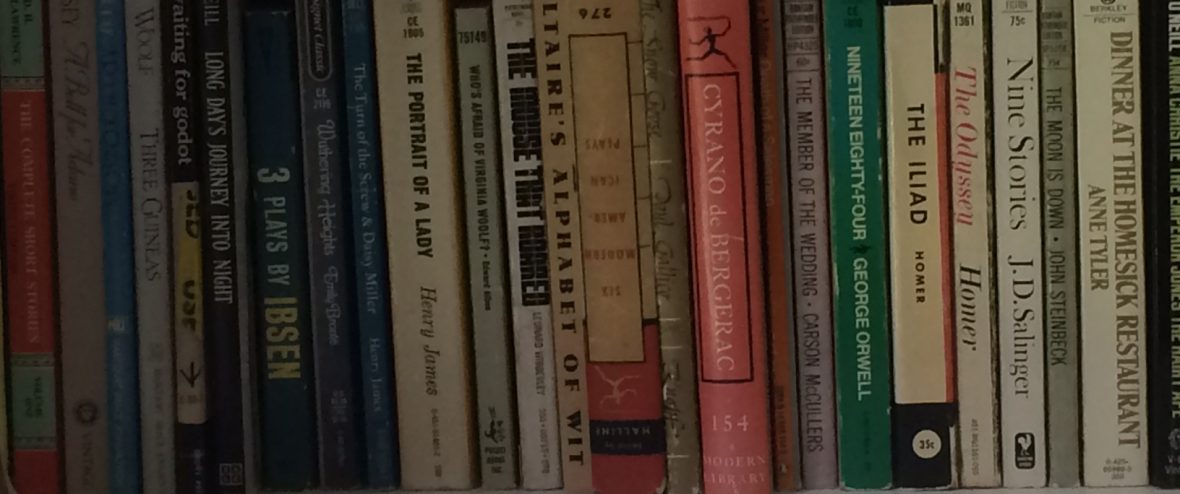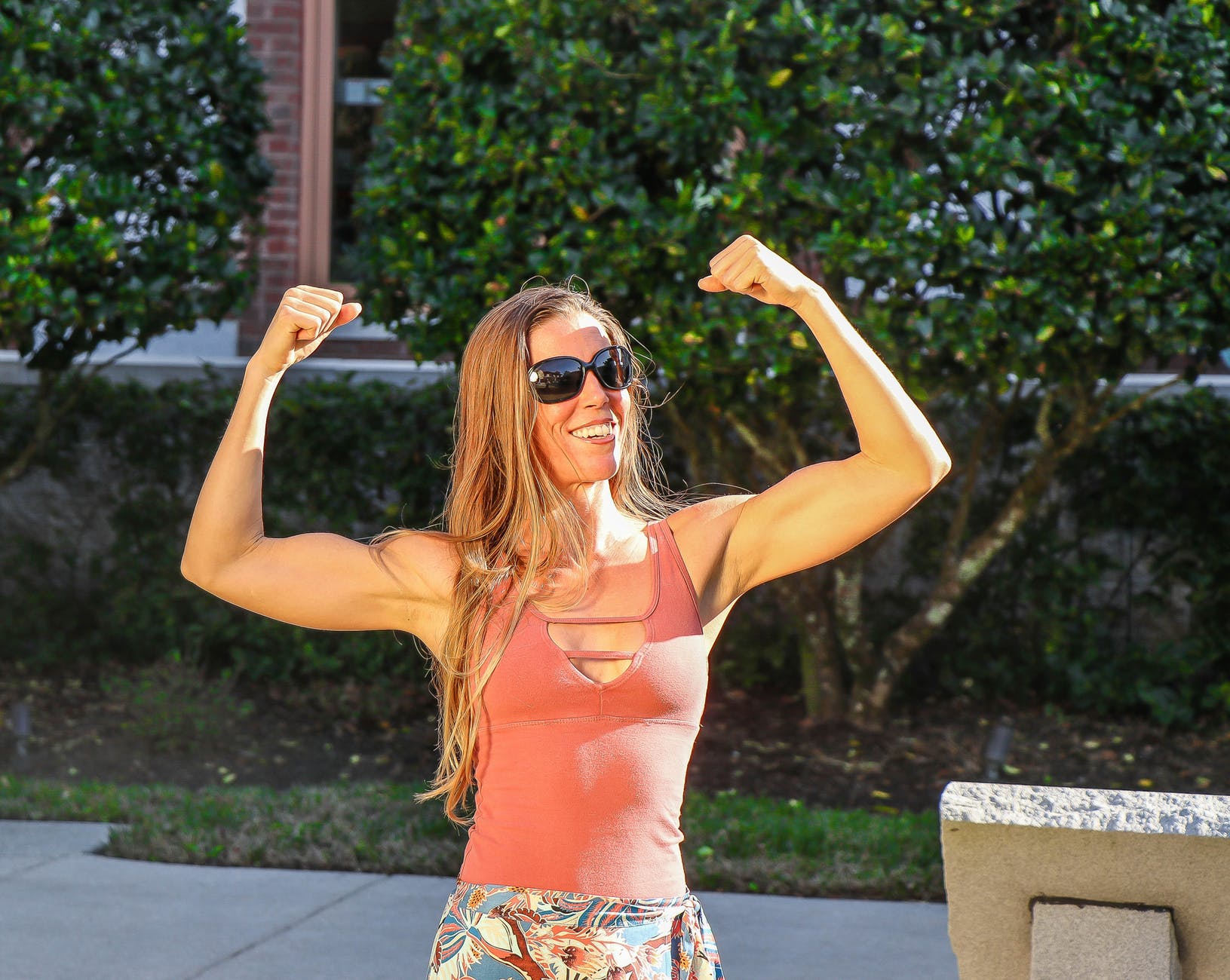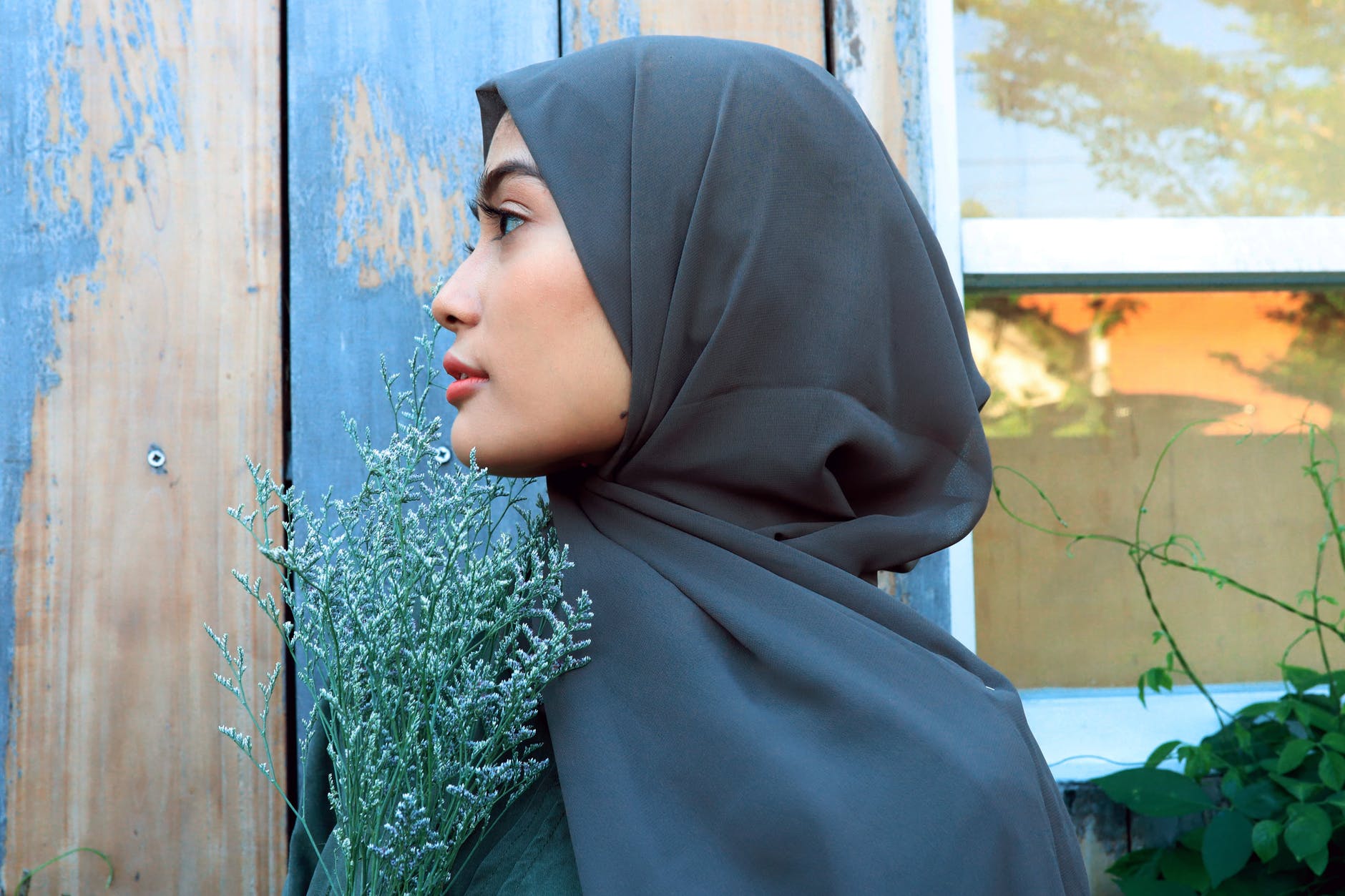This is the story of courage. Of a young woman, born in Somalia on the brink of war, carrying the weight of clan, gender and religious expectations, who is able to raise her head to question Why? She is able to do this despite the institutions around her trying to beat her into complete submission – literally and figuratively.
Ayaan is the eldest child of her father’s second marriage. Her beloved father, a prominent scholar and revolutionary leader in Somalia, was away fighting to build Somalia into an Islamic country for much of her childhood. This left her mother and grandmother to raise Ayaan, her sister and brother by the grace of clan members that were providing funding and other supports while the family was in exile – in Saudi Arabia, Ethiopia and Kenya. Devoted to Islam, the family was exposed to the developing Muslim Brotherhood and the strict rules of observance demanded by the religion. Ayaan was able to survive despite the obstacles set before her. She was beaten by her mother for not doing enough around the house (cleaning, cooking, laundry) even though Ayaan was actually trying to complete her school work; when in Ethiopia her cousins arranged for all three children to be circumcised – for a woman that mean cutting out her clitoris and sewing her genitals together to keep her pure; friendships outside of the religion are shunned – it is forbidden to befriend someone outside the faith – and the Quran was taught to be a holy book that could not be questioned. But when men began asking for Ayaan’s hand in marriage – never to her directly – she began to question why she had no choice or voice in who or when she was to marry.
After years of deflecting, and a hidden marriage that was not consummated due to her circumcision, her father came home from the mosque and announced she was to marry a man from Canada he had met that morning. Without asking, her fate was bound to a man her father knew for two hours. After pushing back, and not attending the wedding ritual (she was not required to be there, only her father) the deed was done. As her new husband was a Canadian, she was sent to Germany to improve her odds at getting a visa. While there, Ayaan planned her escape and made it to the Netherlands where she was granted refugee status. While there Ayaan became enthralled with the way the government worked – so helpful and caring. But what she witnessed was her clansmen – and her religion – keeping to the words of the Quran to not mix with non-believers. Through her strong ability to learn languages, she became a translator and was able to hear the stories of women being beaten by husbands and not prosecuting, honor killings for having a boyfriend, doctors trying to help women through births after being sewn as a child, and more “norms” that are foreign to people outside the construct of what Ayaan was brought up in. When the planes hit the World Trade Center in New York on 9/11, she heard the words from the Quran being used to justify the attacks, and knew that was not a fringe element, these were quotes from the Quran that are meant to be literal. Through this horror, Ayaan realized that Muslim Brotherhood had no desire to become part of the societies they moved to as refugees – that they wanted the protections but also wanted to remain outside the norms of the society they now resided in. That included the ongoing subjugation of women.
It became her purpose in life to speak out about the injustice women in the closed Muslim communities faced, and worked to encourage a reformation of Islam to not live by the Quran as unquestionable – she saw it as a way to remain in the middle-ages when it was written – but to interpret its texts for the age we live in. It was through her outspokenness that she came to be part of the Dutch parliament, trying to raise her voice to have others speak about the atrocities that were occurring that were being explained away by “multiculturalism” and allowing others to be different while turning a blind eye to the fact that there was no interest in becoming part of the social ethics that created the space for these people to come to. Due to her need to be heard, she did not shy from debates. Now under constant threat for her life, the fear was realized when her collaborator on a film, Theo Van Gogh, was murdered in broad daylight, with a 5 page memo to her stabbed in his torso on why she must die too.
While she is now in hiding, she continues to work for an American think tank to help create policy for protecting these Muslim women and girls. No longer in touch with her family for turning her back on Islam, she is nevertheless cut from the same cloth as her father – both worked to make a government bring about a better world for others.
For me, the biggest why is why is are you not allowed to ask questions? Why, in so many places on earth, for so many millennium, is a woman denied a voice? What makes us so powerful that we are to be smothered? Is it because Eve tempted Adam with an apple? Is that the reason women are not allowed to speak, to be seen, to be beaten into complete subjugation? For asking what else there may be in the world? This placing of blame ignores the fact that Adam – or any man – should have a brain, and ethics, to react and be held accountable for their own actions. By removing any responsibility for making choices creates a world where power is absolute and unquestioning.
We need to make sure that women and men understand that each has responsibility for each other – to treat each other with compassion, to do what is right for others now and in the next life, and to be judged by this alone. Until we lift each other up, protecting those who can’t, we are all doomed to remain in the dark.



You must be logged in to post a comment.